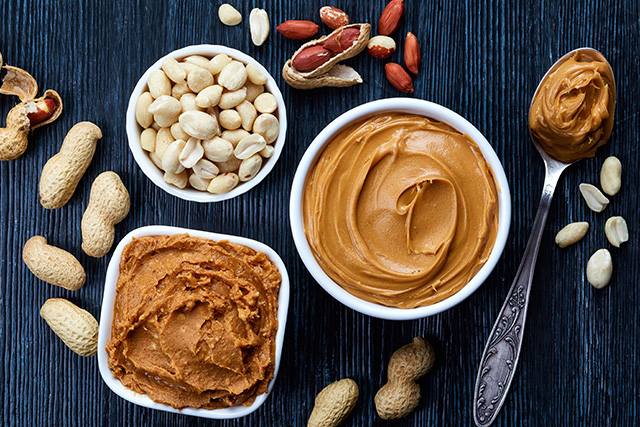Peanut butter is a breakfast staple enjoyed across the globe. It is also one of the most preferred healthy snacks loved by kids and adults alike. The versatility of peanut butter makes it one of the most profitable businesses across countries. Many peanut butter manufacturers confirm that the demand in fact is quite high and isn’t going to die down anytime soon. However, there are a few lesser-known facts that peanut butter exporters reveal about the trade.
Peanut butter exports are dominated by major players
The peanut butter export market is concentrated and a few large players control a large share of the market. This is because they have seasoned control over the manufacturing process, and even in the case they do not have an in-house capability of manufacturing their own peanut butter, they tie up with large-scale peanut butter manufacturers who white label the product to the advantage of the brand. Manufacturing peanut butter is an intensive process where large-scale machinery, experience, and operational excellence are required.
In addition to controlling the manufacturing process, the brands need to be aware of the various regulations for importing peanut butter. The complex web of regulations might not be easy to navigate as most countries may require specific labeling or packaging, while others may have restrictions on the types of ingredients that can be used. This is why it is advised to work with seasoned peanut butter exporters who are familiar with the norms and can deliver the right product with the right measures.
Peanut butter prices depend on various factors
The prices of peanut butter are rarely standardized. Contrary to what people may think, the price of this delicious jar of goodness is dependent on a number of factors. To start with, crop yields and weather conditions can play a huge role. Agricultural crops usually stand a risk of cost fluctuation and as the main raw material for peanut butter are groundnuts, the factors decide variations in prices and availability of peanut butter on the global market.
Peanut butter preferences across the globe
Peanut butter is traditionally considered a thick, creamy, and flavorful paste primarily made from roasted groundnuts, salt, emulsifying agents, sugar, and oil. However, it is to be noted that this is a standard version and many people across the globe prefer variations of peanut butter while most stick to the classic version.
The options available when it comes to peanut butter today, from flavors to texture, the possibilities are endless. Peanut butter manufacturers offer creamy peanut butter, crunchy peanut butter, and all-natural peanut butter. Flavors range from single chocolate peanut butter, double chocolate peanut butter, pistachio peanut butter, cashew peanut butter, almond peanut butter to hazelnut peanut butter.
Flavored and textured peanut butter is rapidly gaining popularity given their striking flavor profile and added health benefits. From parents to working professionals and fitness enthusiasts, everyone seems to be enjoying this natural goodness in a jar.

